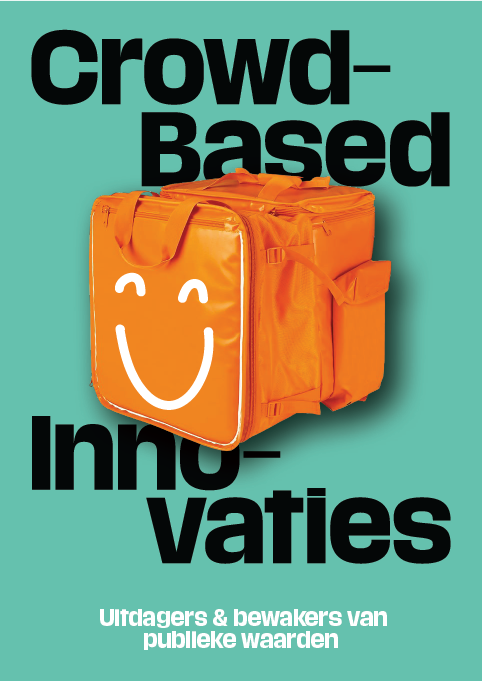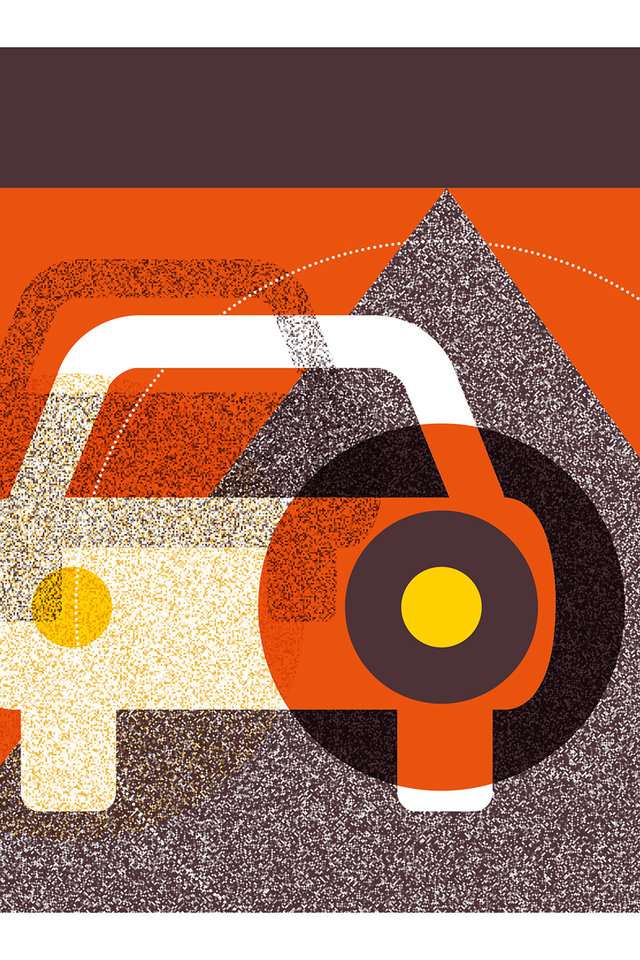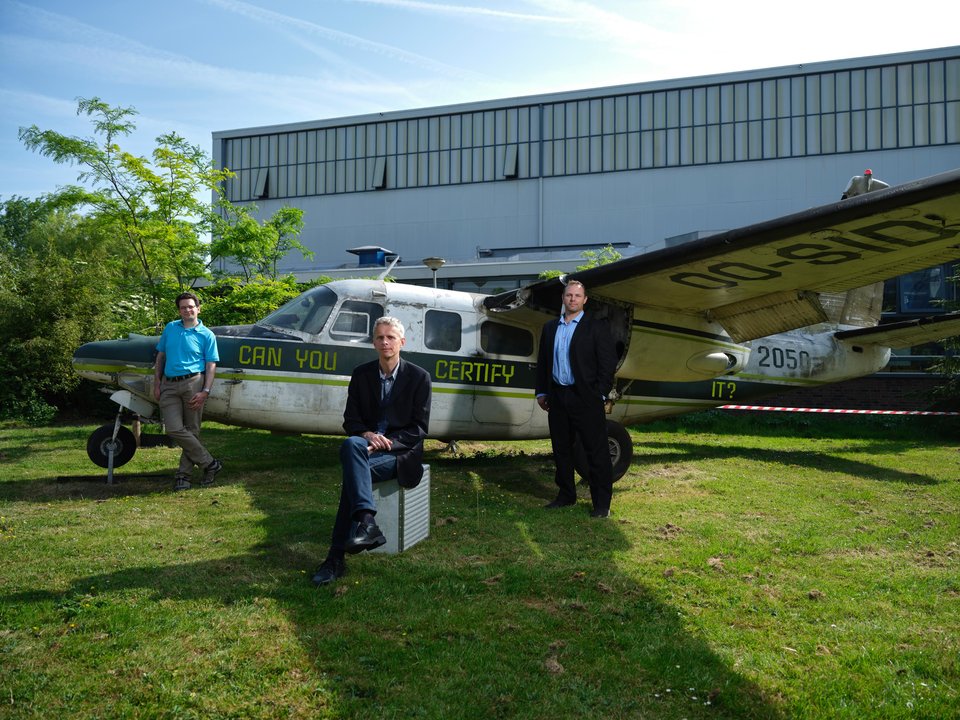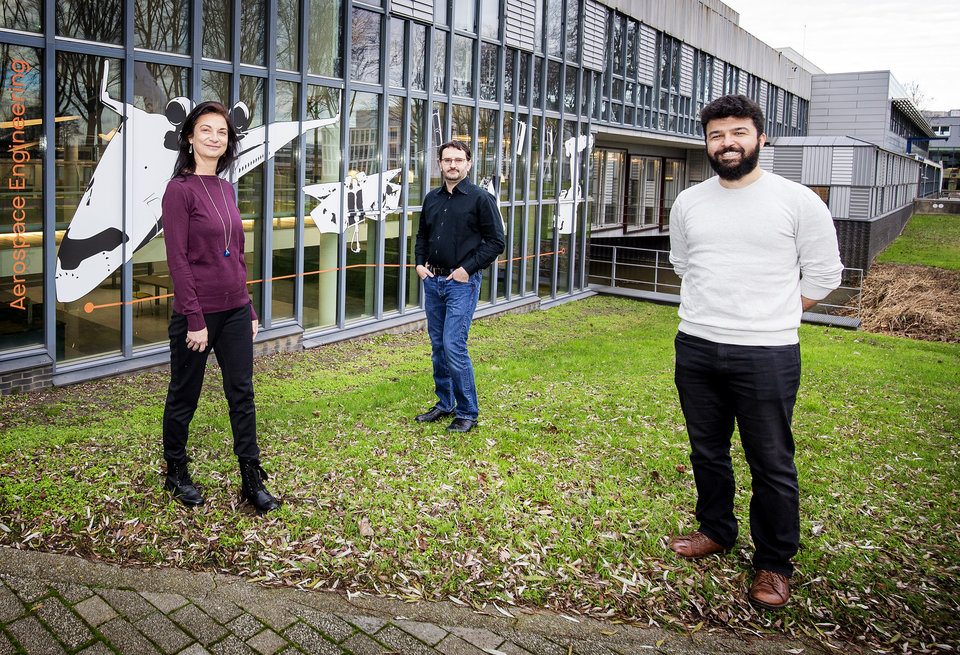In today’s society, citizens are increasingly taking on a new role relative to the government and business community in the supply of products and services such as energy and transport. Examples include initiatives such as neighbours who join forces to purchase wind turbines, house swaps via Airbnb and transport using Uber. This can present challenges for the existing public structures, creating tension between the public sector and these initiatives. Who is actually responsible for what? How can you ensure that public values, such as equality, justice and privacy, can be guaranteed in these unregulated initiatives? “Questions like these take centre stage in the NWO Responsible Innovation project ‘Governing Crowd-based Innovation (CBI)”, says project leader Eefje Cuppen. “Although there has been previous research into these kinds of initiatives from an economic and innovation perspective, this approach is unique.”
Energy, logistics and water
Crowd-based innovations are emerging everywhere. This research compares developments in three different top sectors. Eefje Cuppen is conducting research into the energy sector, Bram Klievink is looking at the logistics sector and Neelke Doorn is focusing on the water sector. Case studies are being monitored in each sector. Cuppen: “We will be investigating how these initiatives, as well as government bodies, supervisory authorities and so on, deal with the conflicts that emerge when the initiatives come face-to-face with existing structures.” By exploring crowd-based initiatives in these three sectors and designing and testing interventions, the researchers hope to gain a better understanding of which forms of regulation, cooperation and supervision are needed in order to ensure that crowd-based initiatives actually result in socially responsible innovations that properly reflect public values.
Jouliette experiment
One of the case studies to be monitored in the energy sector is the ‘Jouliette’ experiment being conducted by grid operator Alliander. It concerns an energy coin that works using blockchain technology. The coin gives residents access to locally-generated energy that is shared between them. The experiment is exploring whether the use of blockchain is promoting social innovation and whether grass-roots initiatives can contribute to the transition towards 100% circular energy. Cuppen: “Jouliette offers a fantastic opportunity for our researchers to gain an insight into the ins and outs of an innovative local energy system of this kind. We will look at who is and who's not at the table and conduct interviews and observations to track who's doing what and why. We will not only talk to those directly involved, but also those who are not taking part in order to gain as comprehensive as possible a picture of the impact of this experiment.”
Challenges
What happens in a case like Jouliette when a group of people go ‘off grid’? How does that affect the fixed costs of the existing energy network? Will these increase for existing customers in order to plug the gap left by those setting up their own systems? Will this not result in inequality between different population groups? These are questions that the researchers will explore. “A crowd-based initiative system not only needs to anticipate a changing context, but also changing values. This is because values that may be of little interest at the moment could become important in the longer term: look at the value of ‘sustainability’ for example. How do you safeguard these kinds of things? These are interesting challenges presented by this project.” Ultimately, the research should result in a general framework that can serve as a guideline for socially responsible innovations and specific governance interventions for a number of specific crowd-based initiatives. The final results are expected in 2021.
Crowd-based innovations
Under the banner of the gig economy, sharing economy, maker movement or participatory society, an explosion of innovations emerged around 2015 that would turn the world upside down and put the individual at the helm. What these innovations have in common is that individuals collectively take over roles from companies and governments. We therefore call them crowd-based innovations (CBIs).
In the magazine Crowd-Based Innovations, a number of new roles are outlined (only available in Dutch):

Eefje Cuppen

More information
Eefje Cuppen is professor of Governance of Sustainability at Leiden University and former associate professor in the Organization & Governance section of the Multi Actor Systems (MAS) department. Read more about the project Governing Crowd-based Innovation.














